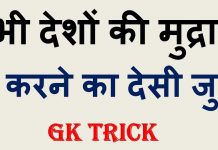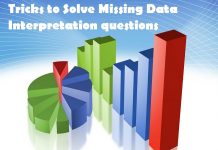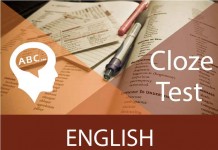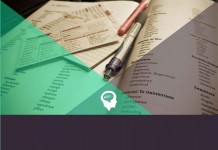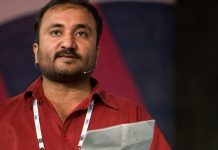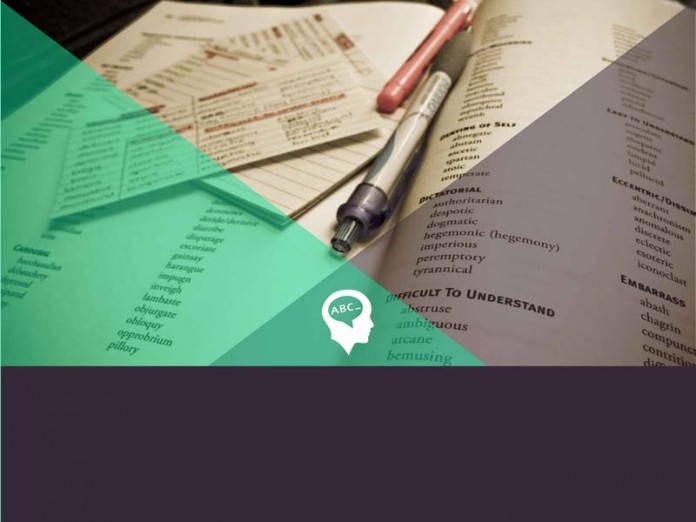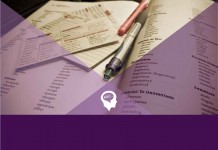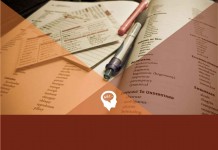Find the Odd Statement -Set1
Dear Aspirants
We are here with new set of questions series based on “Find the Odd Statement”. These type of questions are important as they have been previously asked in SBI PO exams held last year. In these type of questions you need to find out the odd statement out of 4 statements. The odd statement has a cause or Effect or situation which is not similar to that of other statements.
Try the Exercise here
Directions (Q1-5): Four statements are given below, labeled A, B, C and D. Among these, some statements are in logical order and form coherent paragraph. From the given options a), b), c), d) and e), choose the option the does not fit into the theme of the paragraph.
1). A. Picking up where The Hands of History left off, Simon Hoggart’s brilliant new collection of parliamentary sketches takes us from the dying days of Tony Blair’s leadership, through the shadow-filled days of Gordon Brown and on to the utterly bewildering days of that comedy double-act Cameron and Clegg.
B. Above all, he gives us incisive and witty pen-portraits of those responsible for our plight: the belligerent Brown, the unintelligible Prescott, the slippery Cameron and the bemused Miliband.
C. He is a striking representative of a great British tradition, of something we do well, and where he stands with his own heroes, George Cruikshank and Thomas Rowlandson.
D. He charts the events that made the news, the fauxpas that should have, and the myriad mistakes that have landed us all where we are now.
a) A
b) B
c) C
d) D
e) All fits to paragraph
2). A. Often, those who settled abroad was classified as selfish and self-serving, betraying the homeland.
B. Even in the West, all that we seem to be aware of, and revel in, are the Indians who have made good, not the many more working at low-end jobs or in the shadowy grey market.
C. Now, not only are they more valued but it is their intellectual labour which defines research fashion and priorities.
D. Be it literature or films, social science theorizing or managerial/entrepreneurial models – experience abroad is valorized and sought to be transplanted back home.
a) C
b) D
c) A
d) B
e) All fits to paragraph
Find more Questions and Solve the Above Test with answers, Explanations, and more Questions
SEHPAATHI TEST APPLICATION : CHALLENGE YOURSELF
Test: Bnk_Eng_Odd-Stmt-Out_Set1
3). A. For this was Dickens with the laughter taken out.
B. That Great Expectations achieves its seriousness of purpose by sometimes comic means, that the language bursts with life, that its gusto leaves you breathless and its shame makes the pages curl, that you are implicated in every act of physical and emotional cruelty to the point where you don’t know who’s the more guilty, you or Pip, you or Orlick, you or Magwitch, goes without saying if you are a reader of Dickens.
C. But you would never have guessed any of these things from the BBC’s adaptation.
D. We must guess that the BBC is embarrassed by the eccentricity of the writing, the hyperbole of the characterization, the wild marginalia, and the lunatic flights of fancy?
a) C
b) B
c) A
d) All fits to paragraph
e) None of the above
4). A. Doing research is essentially like solving a puzzle.
B. Puzzles have rules and predetermined solutions
C. Research involves extrapolating knowledge to newer territories and unforeseen challenges.
D. A striking feature of doing research is that the aim is to discover what is known in advance.
a) A
b) C
c) B
d) D
e) None of the above
5). A. Taking his own ignorance as a given, his style of dogged questioning of every certainty and his huge influence over the youths of Athens led to his trial, his defiant comment that “the unexamined life is not worth living for a human being”, and ultimately to his execution by hemlock.
B. Socrates established a method of probing into the eternal questions of existence and morality by relentless inquiry and debate.
C. His demeanour is gentle and slow, but his endless questioning of moral norms puts him in direct conflict with authority.
D. Socrates is never mentioned in this book and it’s not necessary to know anything about him, but the parallels are obvious.
a) C
b) B
c) D
d) All fits to paragraph
e) None of the above

